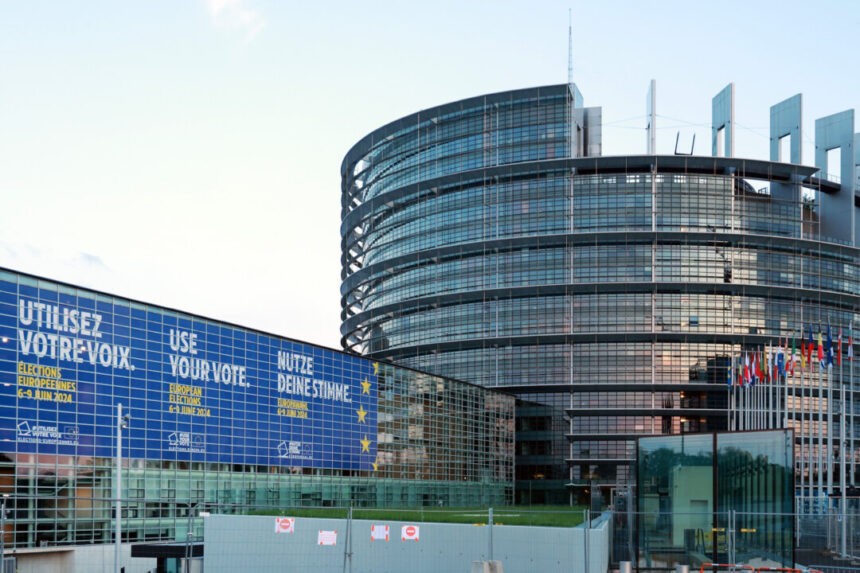According to expert Marcin Kedzierski, even if right-wing parties win 25 percent of the vote in the European Parliament elections, they will not have enough to form a governing coalition. The European Council on Foreign Relations predicts that right-wing groups will gain more influence, but this may not lead to a significant change in European policy direction.
Kedzierski explains that even if right-wing candidates secure 30 percent of the vote, they still won’t be able to form a coalition due to the dominance of center-right, center-left, liberal, and Green parties in the European Parliament. The European Union’s laws are jointly made by the Parliament and the Council of the European Union, and the Parliament’s role has gradually evolved over time.
He also discusses the history of European integration and how the election results could impact the future of EU integration. Kedzierski highlights the key roles of Germany and France in shaping European policy and the concept of a “multi-speed Europe” where member states integrate at different paces.
“There are countries that are more integrated and less integrated,” said Mr. Kedzierski, suggesting that if Ukraine joins the EU, it could introduce a third category. The debate on whether to strengthen the EU through deeper integration among current members or by expanding the union to include new member states has been ongoing. Mr. Kedzierski believes it is possible to achieve both objectives. The European Parliament passed a resolution in February on “Deepening EU integration in view of future enlargement.” European Council President Charles Michel has stated that the EU should be prepared to welcome Ukraine by 2030, although this does not guarantee immediate membership. Additionally, six Balkan countries, along with Georgia and Turkey, are working towards candidate status by aligning their national laws with EU standards. Euroskepticism is prevalent among right-wing political groups in the European Parliament, with many criticizing the EU and its integration efforts. Mr. Kedzierski attributes this sentiment to a sense of disillusionment among the public, especially in developed countries, where the middle class has been negatively impacted by globalization. Young people in Europe are increasingly pessimistic about their future prospects and believe that the EU is not adequately addressing their concerns. This has led to a resurgence of nationalist parties in countries like Germany, France, and Italy. Please rewrite this sentence.
Source link





